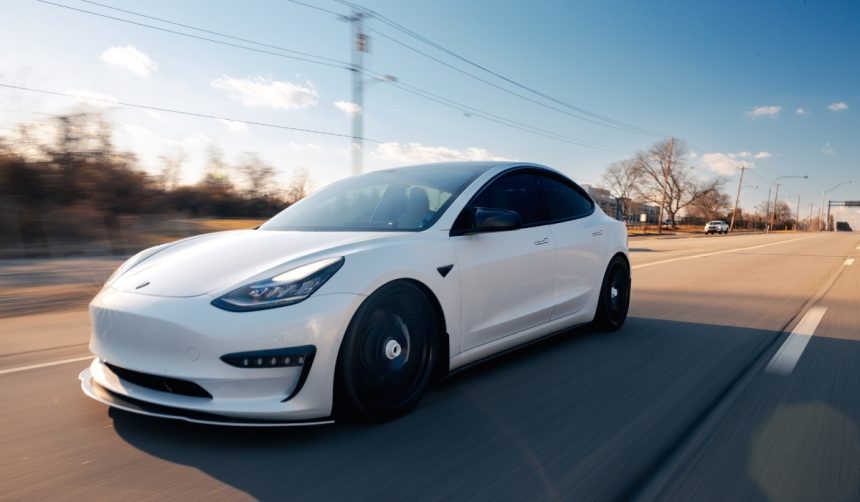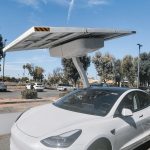With the demand for artificial intelligence accelerating in the automotive industry, automakers are seeking new ways to secure advanced semiconductor supply. Tesla has now outlined the details of a significant alliance with Samsung, set to construct the AI6 chip at a Texas fabrication facility. The collaboration signifies a strategic move for both companies as they target scaled production for emerging Tesla products like the Cybercab and Optimus robot, aiming to overcome previous supply chain constraints that affected automotive and tech sectors. The Texas location was reportedly chosen for operational proximity and potential for rapid prototyping and efficiency improvements.
Tesla and Samsung have previously partnered on chip manufacturing, focusing on the production of the AI4 chip. Earlier news often highlighted Samsung’s competition with other contract semiconductor manufacturers, with less information regarding localized fabrication and direct involvement from Tesla executives. Earlier reports suggested that past chip deals between the companies were smaller in scale, and did not detail Tesla’s role in process optimization or hands-on management at the fabrication site.
What Makes the AI6 Chip Facility Significant?
The new manufacturing plant in Texas will focus solely on Tesla’s AI6 semiconductor, marking a departure from Samsung’s earlier multi-client production approach for automotive chips. According to recent updates, the AI6 project is backed by a $16.5 billion deal, expected to help Samsung reinforce its position in the global chip industry and enable Tesla to accelerate innovation timelines for next-generation vehicles and robotics initiatives.
How Will Tesla Contribute to the Chip Manufacturing Process?
Elon Musk shared that Tesla will be directly involved in optimizing production efficiency at the new Samsung fab. This hands-on approach is expected to streamline ramp-up for the AI6 chip and meet the high-volume demands anticipated for products like Cybercab and Optimus.
“Samsung agreed to allow Tesla to assist in maximizing manufacturing efficiency,”
Musk noted, indicating a level of operational collaboration not seen in their previous agreements.
Why Does the Deal’s Scale Exceed Initial Estimates?
While the deal was initially reported as being worth $16.5 billion, Elon Musk suggested this figure could be considerably higher to reflect the volume and pace required by Tesla’s future projects.
“The actual output of Samsung’s Tesla AI6 plant will likely be several times higher than what has been reported,”
Musk explained, hinting at large-scale adoption of Tesla’s upcoming technologies.
With the AI6 chip expected to power most of Tesla’s forthcoming products, this partnership reflects a concerted strategy to anchor semiconductor supply within the United States while leveraging Samsung’s manufacturing capabilities. For Samsung, securing Tesla’s business provides leverage against competitors in the foundry market, particularly as the Texas fabrication site is dedicated for Tesla’s exclusive requirements, unlike previous diversified fabs. Even though the mass adoption of Cybercab, Optimus, and new affordable Tesla vehicles is forecast to be several years out, the ramp-up in chip production is being synchronized to align with these future launches. For readers considering the semiconductor supply chain, this move highlights the growing importance of direct automaker involvement in chip development and fabrication, as well as the shifting landscape for partnerships between tech and auto companies to secure critical AI hardware.










